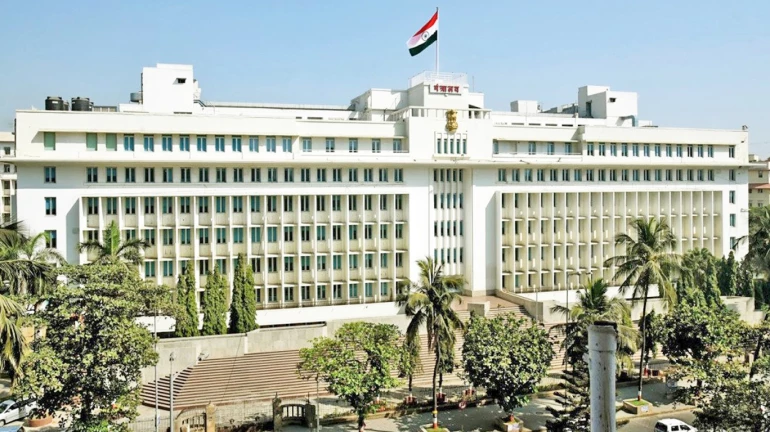
A recent analysis of Maharashtra's legislative proceedings has shed light on a concerning trend. Elected legislators, who took office in 2019, appear to be more invested in navigating political turbulence than prioritising the needs of the people they represent. The report examines the average length of legislative business completed during assembly sessions from 2020 to 2022.
According to the analysis, Maharashtra ranks tenth among Indian states in terms of the average length of legislative business completed during assembly sessions over the specified period. When compared to southern states like Tamil Nadu, Kerala, and Karnataka, Maharashtra's assembly sessions fall significantly short in duration.
Further examination reveals a decline in the length of each assembly session within Maharashtra itself. Over time, the duration of assembly sessions has decreased by 60%. Whereas the 12th assembly enjoyed sessions lasting 15 days, the 14th assembly now settles for a mere six-day session. This downward trajectory in session length indicates fewer opportunities for legislators to effectively address and resolve public issues.
The overall decline in the length of assembly sessions across the state is another cause for concern. The report highlights a 34% decrease in the total number of days dedicated to assembly sessions. This means it has gone from 58 days in the 12th assembly to 38 days in the 14th assembly.
The impact of shorter assembly sessions is evident in the decline in the number of questions asked. A notable decrease is observed, indicating a lack of opportunities for legislators to seek answers to pressing issues on behalf of the people they represent. The analysis also revealed that civic-related questions receive the most attention in the assembly, followed by health and education-related queries.
The analysis considered attendance, the quality and quantity of questions asked, success in obtaining actionable answers, and the utilisation of public funding for the benefit of constituents to evaluate the performance of Members of the Legislative Assembly (MLAs).
The top-performing constituencies, based on the evaluation, include Borivali, Dahisar, Versova, Andheri (W), Dindoshi, Vile Parle, Bandra (W), Ghatkopar (E), Mankhurd (Shivaji Nagar), and Malabar Hill. Conversely, Magathane, Goregaon, Vikhroli, Bhandup (W), Chandivli, Bandra (E), and Mahim ranked lowest in performance.
It is important to note that the evaluation focused on 29 out of the 36 city MLAs who were not ministers and attended at least three of the four sessions. It is important to note that the report does not analyse the performance of seven MLAs from Andheri (E), Malad (W), Anushakti Nagar, Dharavi, Worli, Malabar Hill, and Colaba. Among these are two ministers, the Speaker, and one newly elected MLA.





